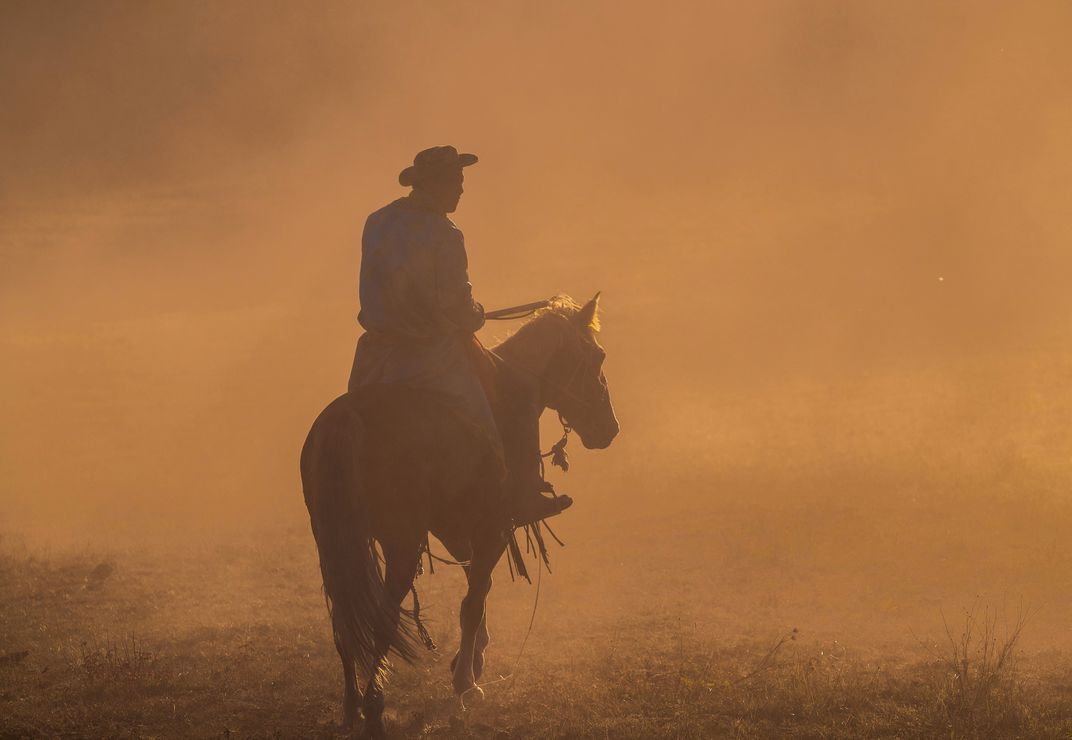The rich grasslands of Inner Mongolia has been legendary amongst the pastoral & nomadic tribes for thousand of years. But, in a world shaped by the desire to gauge society through its ability to generate profit, this way of life is framed as “primitive.” In 2003, China introduced a 15y campaign to “retire livestock & restore the grassland” not just in Inner Mongolia but also in Xinjiang, Qinghai & Tibet. This extensive program blamed herders & their animals for land degradation &, as a result, temporarily halted &, in some areas, completely banned grazing. Other initiatives have included subsidizing permanent homes, building livestock shelters, & planting winter fodder. In the name of environmental conservation, this ambitious resettlement scheme has removed millions of herders from the steppe into towns that provide access to schools, electricity & modern health care. Now, thousands of pastoralists across China who have been relocated into bleak townships over the past decade, face unemployment, are deeply indebted & are dependent on shrinking government subsidies. Nomads usually accepted even those less advantageous conditions included in a resettlement or settlement contract, in order to avoid possible trouble with the government. Ecologists in China & abroad say the scientific foundations of nomad resettlement are dubious, & loss of millenniums-old traditions.
| Date Taken: | 09.2023 |
| Date Uploaded: | 11.2023 |
| Photo Location: | Ulan Butong, China |
| Camera: | NIKON Z 5 |
| Copyright: | © Apostolos Kaloudis |


